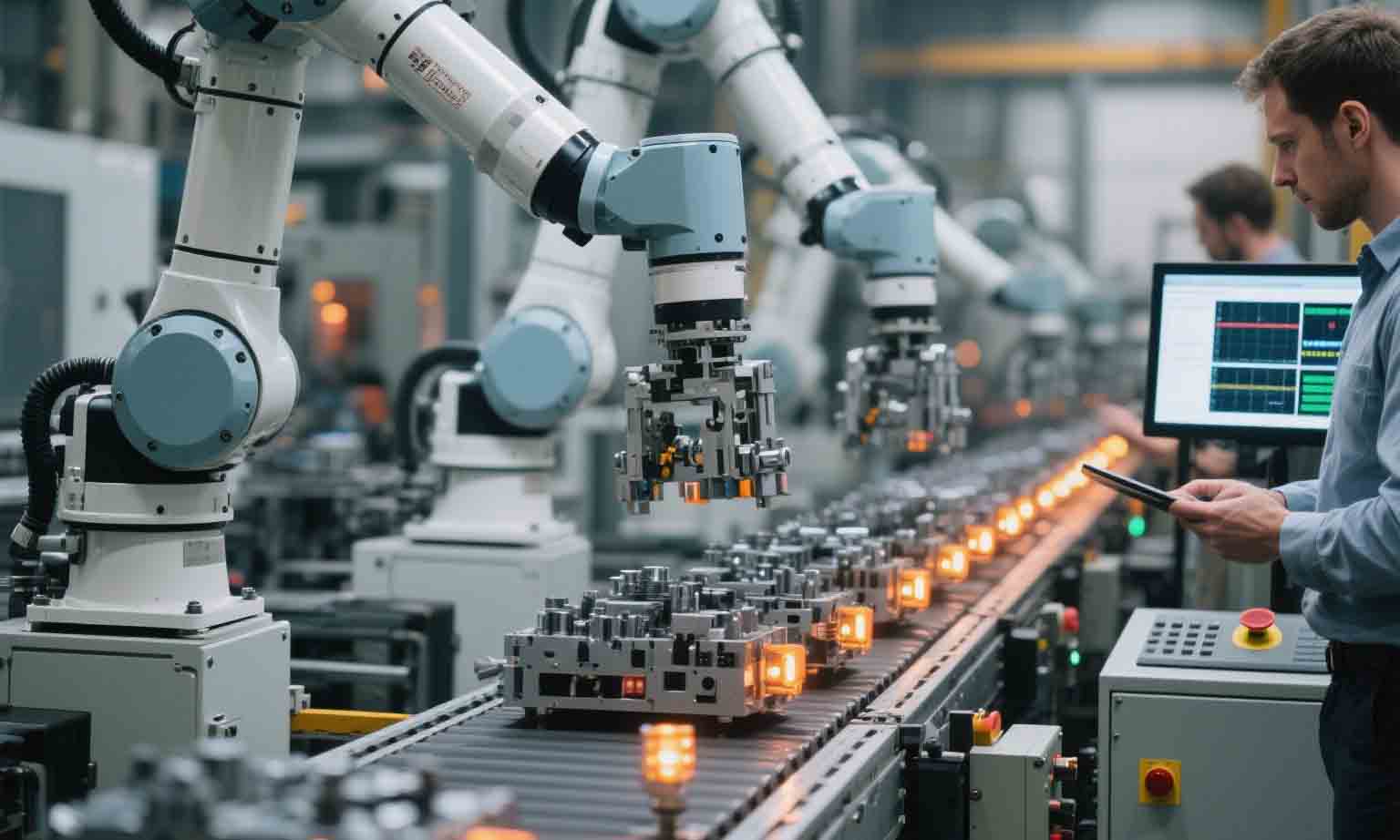Analyzing Real-World AI Case Studies: Insights for Practitioners
赵开心不开心 2025-06-03
Artificial intelligence (AI) continues to reshape industries worldwide, offering innovative solutions to complex challenges.
Analyzing Real-World AI Case Studies: Insights for Practitioners
Artificial intelligence (AI) continues to reshape industries worldwide, offering innovative solutions to complex challenges. As someone working in the technical center, understanding how AI functions in real-world scenarios is essential for evaluating its effectiveness and reliability. Below, we delve into several impactful AI case studies and analyze their implications.1.
Healthcare: AI-Assisted Surgery
AI-powered robotic systems are transforming surgical procedures by enhancing precision and reducing recovery times. For example, Intuitive Surgical's da Vinci system uses AI algorithms to assist surgeons during operations.- Key Considerations for Testers: Validate the accuracy of the AI’s decision-making processes under various conditions. Simulate edge cases where unexpected variables might arise, ensuring the system remains stable and reliable.
2.
Logistics: Route Optimization
Companies like UPS use AI to optimize delivery routes, saving time and fuel costs. These systems analyze traffic patterns, weather conditions, and other factors to determine the most efficient paths.- Testing Strategies: Introduce simulated disruptions (e.g., road closures or sudden changes in demand) to assess the AI’s adaptability. Ensure it recalculates routes dynamically without compromising performance.
3.
Customer Service: Chatbots
Chatbots powered by natural language processing (NLP) have become indispensable tools for handling customer inquiries. Brands like Starbucks and Domino's employ chatbots to streamline interactions and improve user satisfaction.- Practical Tips: Focus on conversational flow and context retention when testing these systems. Verify that the chatbot handles multi-step queries effectively and escalates complex issues to human agents seamlessly.
4.
Agriculture: Precision Farming
Precision farming leverages AI to monitor crop health, soil conditions, and weather forecasts. Drones equipped with AI-driven sensors help farmers identify areas requiring attention, optimizing resource usage.- Insights for Testers: Evaluate data integration between sensors and central AI platforms. Confirm that the system provides timely alerts and actionable recommendations to users.
5.
Cybersecurity: Threat Detection
AI plays a pivotal role in cybersecurity by identifying potential threats in real-time. Tools like Darktrace use machine learning to detect anomalies within network activity, flagging suspicious behavior for further investigation.- Focus Areas: Stress-test the AI under high-volume traffic conditions to ensure it doesn’t generate excessive false positives or negatives. Collaborate with security teams to refine detection criteria based on findings.
6.
Entertainment: Content Generation
AI is increasingly used in content creation, from generating music compositions to writing scripts for movies and games. Platforms like Jukedeck and Amper Music showcase the creative potential of AI.- Application in Testing: Assess the quality and coherence of generated content against predefined standards. Explore customization options to ensure the AI meets diverse stylistic preferences.
Conclusion
The transformative power of AI is evident across multiple domains, driving efficiency, innovation, and cost savings. Your role as a tester in the technical center is vital in ensuring these systems function reliably and deliver value. By analyzing successful implementations and addressing potential shortcomings, we can harness AI’s full potential responsibly.If you'd like me to expand on any particular section or include additional examples, feel free to let me know!Let me know if you'd also like accompanying visuals or more detailed explanations!













